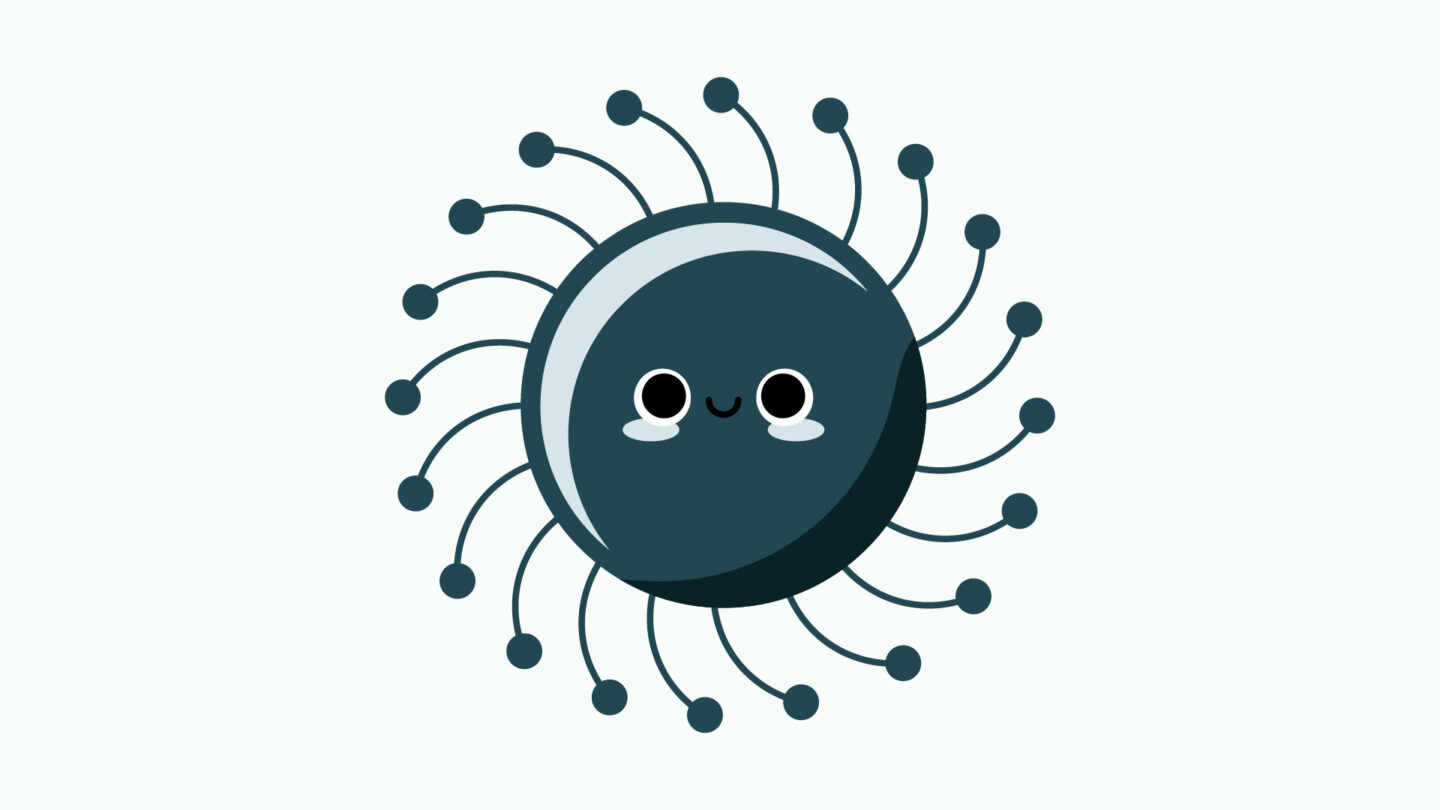
Chlamydia is the most common bacterial STBBI in Québec. It is largely due to the fact that it is often asymptomatic and is transmitted during unprotected sex. Luckily, the antibiotic treatment is free for all in Quebec.

Chlamydia is an infection caused by the bacteria Chlamydia trachomatis. It is generally transmitted by secretions from the vagina, penis, mouth or anus. This is why unprotected sex is one of the main risk factors for chlamydia. It can also be transmitted from a pregnant mother to her baby during birth, risking serious complications for the baby.
Chlamydia is the most widespread bacterial STBBI in Québec. Over the past several years, we have seen a growing number of chlamydia infections, most often affecting people aged 15 to 24 years who are sexually active. Chlamydia infection is also often accompanied by an infection with gonorrhea (see “Gonorrhea”).
Simply being sexually active puts a person at risk of this infection. Nevertheless, the following activities can increase your risk of infection:
In the vast majority of cases, chlamydia passes undetected because it shows few or no symptoms. When symptoms are present, they may occur up to six weeks after the at-risk exposure, although two to three weeks later is average, and can vary depending on the site of the infection.
Possible symptoms, by site of infection, include:
Untreated, the infection can persist for many months and lead to complications even in the absence of symptoms. It may cure itself spontaneously. There are many potential long-term complications of untreated chlamydia. These include infertility, increased risk of ectopic pregnancy, chronic testicular infection, chronic abdominal pain and permanent scarring of the urinary tract. In rare cases, chlamydia can cause liver inflammation.
It is important to note that a chlamydia infection can increase your risk of being infected by or transmitting HIV.
How to test: The most common samples are swabs of sites exposed by sexual activity (such as the vagina, anus and throat) and urine samples.
When to test: The minimum delay before detection is unknown. The window period ends 14 days after exposure.
It is treated with the help of antibiotics, with the duration of treatment varying depending on the infected site. Treatment is free for those affected, as well as their partners, as part of a program for free medication to treat sexually transmitted infections.
When diagnosed, it is also recommended to inform and treat all sexual partners from the last 60 days.
Likewise, a period of abstinence following treatment for chlamydia is necessary because a person continues to be contagious for some time after starting medication. Once cured, there is no longer a risk of transmitting chlamydia to other sexual partners. However, even after treating the infection, it is possible to be re-infected.
There is no vaccine to protect against chlamydia. The best means of protection is to use condoms, regardless of the type of sex. Since it is possible to be infected and not have any symptoms, routine screening is recommended for anyone who is single and sexually active, especially when there have been new partners or unprotected sex.